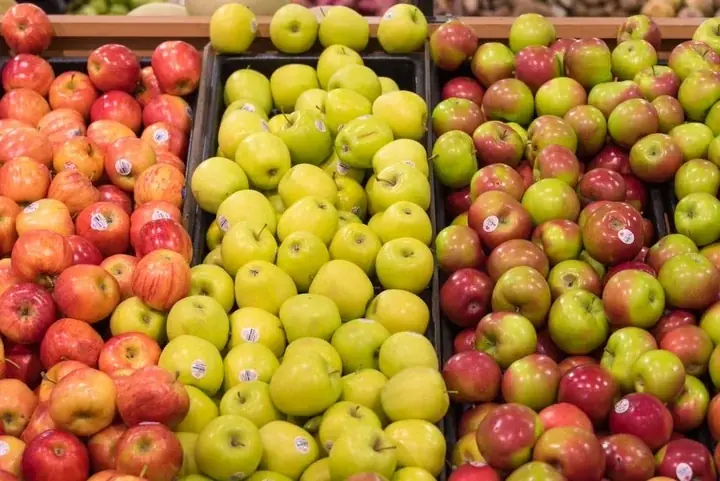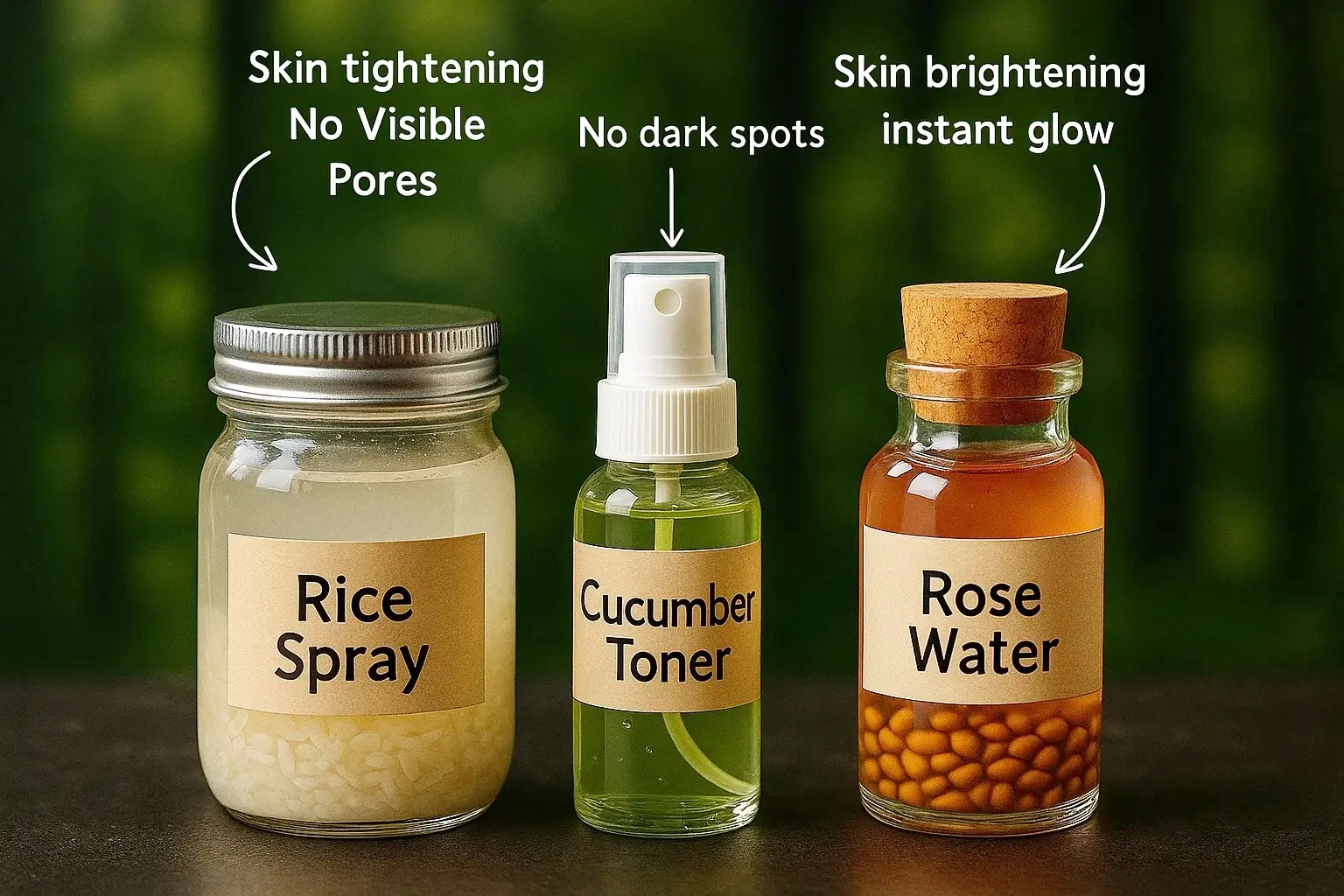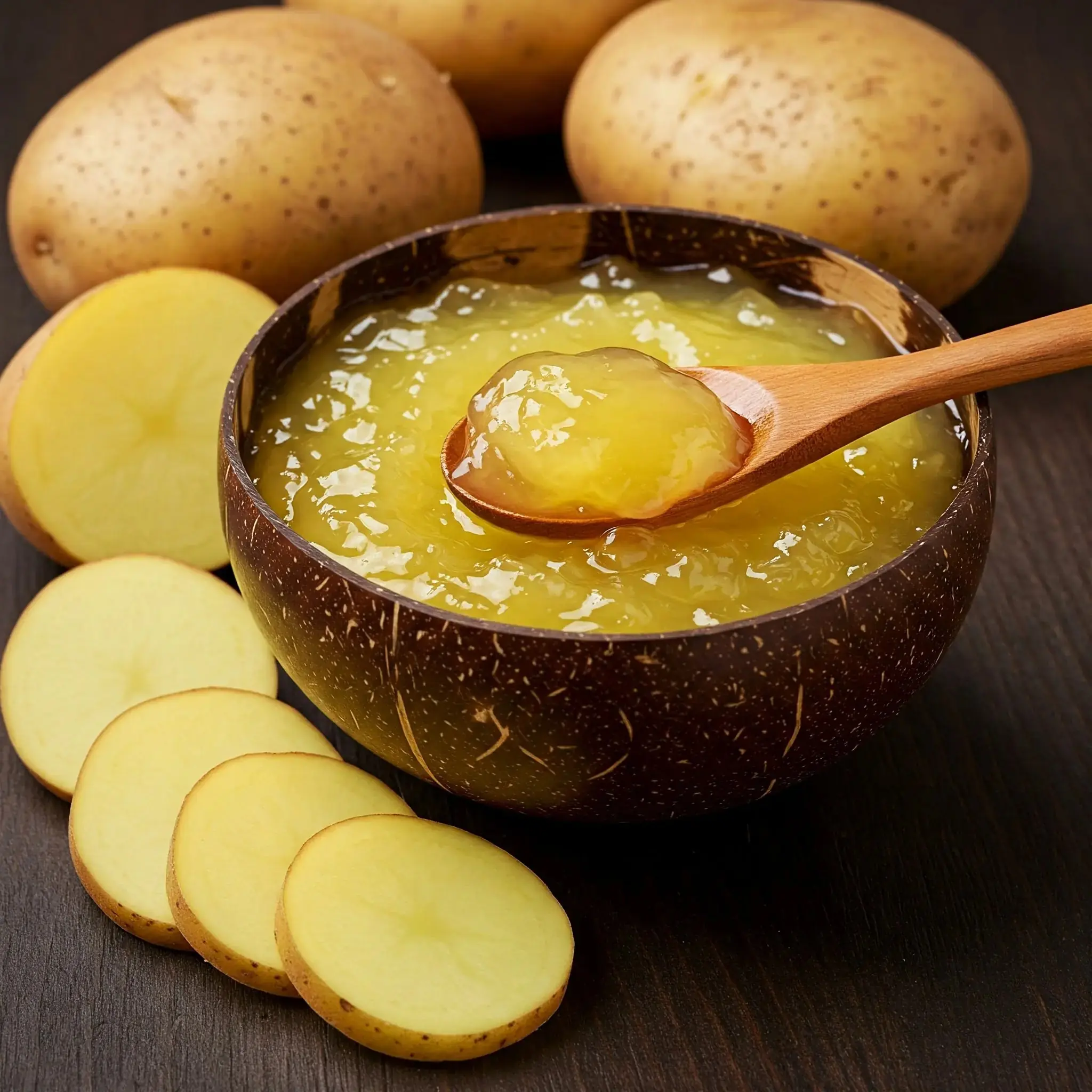
The Alarming Rise of Bowel C@ncer in Young Adults: Is Your Diet to Blame
Bowel cancer, once considered a disease of older adults, is now increasingly affecting younger populations, with diet playing a significant role.
The Rising Incidence of Bowel Cancer in Young Adults
Bowel cancer, traditionally associated with older adults, is now increasingly affecting younger populations. Over the past two decades, cases among individuals under 55 have alarmingly doubled. Experts attribute this surge to multiple factors including bacterial toxins, the widespread consumption of ultra-processed foods, and issues related to stress and mental health. This growing trend challenges long-held beliefs that cancer predominantly targets the elderly, highlighting the urgent need for awareness, early detection, and lifestyle changes among younger age groups to mitigate the risk of this potentially life-threatening disease.
Dietary Factors Contributing to the Surge
One of the primary dietary culprits identified is the high consumption of ultra-processed foods (UPFs). These foods, which make up a significant portion of diets in high-income countries, are often high in sugar, salt, and unhealthy fats, while being low in essential nutrients and fiber. UPFs include items like sugary drinks, ready-to-eat meals, and processed snacks. Studies have shown that diets rich in UPFs can lead to systemic inflammation, insulin resistance, and changes in gut microbiota, all of which are associated with an increased risk of colorectal cancer.
Additionally, the consumption of red and processed meats has been linked to an increased risk of colorectal cancer. Processed meats, such as bacon and sausages, contain nitrates and nitrites, which can form carcinogenic compounds in the body. Cooking these meats at high temperatures can also produce harmful chemicals that may damage cells in the bowel.
The Role of Gut Microbiota
The human gut is home to trillions of bacteria that play a crucial role in digestion and overall health. Recent research suggests that a diet high in UPFs can alter the composition of gut microbiota, leading to an imbalance that may promote cancer development. Certain harmful bacteria thrive on a diet rich in processed foods, producing toxins that can damage the lining of the colon and increase the risk of cancer.
Other Contributing Factors
Beyond diet, several other factors may contribute to the rise in bowel cancer among young adults. These include:
-
Obesity: Excess body fat is associated with increased inflammation and insulin resistance, both of which are risk factors for cancer.
-
Physical Inactivity: A sedentary lifestyle can contribute to weight gain and negatively impact gut health.
-
Stress and Mental Health: Chronic stress and mental health issues can affect the immune system and gut function, potentially increasing cancer risk.
-
Environmental Exposures: Exposure to certain chemicals and pollutants may also play a role in the development of cancer.
Preventive Measures
To reduce the risk of bowel cancer, experts recommend the following lifestyle changes:
-
Increase Fiber Intake: Consuming a diet rich in fruits, vegetables, whole grains, and legumes can promote a healthy gut and reduce cancer risk.
-
Limit Consumption of Ultra-Processed Foods: Reducing intake of sugary drinks, fast food, and processed snacks can help lower cancer risk.
-
Moderate Red and Processed Meat Consumption: Limiting intake of red and processed meats can reduce exposure to carcinogenic compounds.
-
Maintain a Healthy Weight: Achieving and maintaining a healthy weight can decrease inflammation and insulin resistance.
-
Stay Physically Active: Regular exercise supports overall health and can help prevent obesity.
-
Manage Stress: Practicing stress-reducing techniques can positively impact overall well-being.
Conclusion
The rising incidence of bowel cancer among young adults is a concerning trend that underscores the importance of lifestyle choices in cancer prevention. By adopting a diet rich in fiber, limiting the consumption of ultra-processed foods and red meats, and maintaining a healthy lifestyle, individuals can significantly reduce their risk of developing this potentially life-threatening disease.
News in the same category


Restore Your Grout Lines with This Easy and Budget-Friendly DIY Cleaning Hack

12-Year-Old's Lifelong Dialysis: 5 Favorite Foods Secretly Damaging Your Kidneys

Eating While Screen-Obsessed? Here Are 4 Hidden Health Risks You’re Ignoring

How to Choose the Sweetest Pineapple: Long Leaves or Short?

8 Simple Yet Highly Effective Tips to Stop Snoring

Is It Necessary to Unplug Your Washing Machine After Use

The Hidden Costs of Frost Accumulation in Your Refrigerator: Understanding the Energy Drai

🍎 Why Do Imported Apples Stay Fresh for a Month Without Spoiling?

Top 3 Seat Positions with the Highest Survival Rates in Aviation Emergencie

Simple Finger Test Could Reveal Early Signs of Lung C@ncer and Other Health Issues
A simple finger test, known as the Schamroth window test, can help detect signs of lung c@ncer and other health conditions, including heart problems. Learn how to perform this easy test at home.

Start Your Day Right: 5 Foods That Safeguard Your Kidneys and Reduce Uric Acid

The Ultimate Health Blend: Honey, Cinnamon, Turmeric, Apple Cider Vinegar, and Chia Seeds for Better Health
Discover the powerful benefits of honey, cinnamon, turmeric, apple cider vinegar, and chia seeds. Learn how this natural blend can improve digestion, stabilize blood sugar, and enhance bone and heart health.

Revolutionary C@ncer Treatment: Doctors Target Tumors Without Chemotherapy

Why Your Underwear Gets Bleach-Like Stains: Gynecologist Explains the Causes and What It Means for Your Health
Discover why your underwear may have bleach-like stains and why it's completely normal. A gynecologist explains the role of vag!nal discharge and how it can affect your underwear fabric. Learn when to be concerned and how to maintain vag!nal health.

12 Effective Ways to Remove a Wart on Your Finger
Discover effective methods for removing warts on your fingers, from at-home remedies like salicylic acid and duct tape to professional treatments. Learn how to identify, treat, and prevent warts with expert advice.

5 Household Items That Harbor Formaldehyde: Hidden Cancer Risks Lurking in Your Home

Air Conditioner Efficiency: Continuous Use vs. Frequent Switching

What Homebuyers Need to Know: 5 Locations to Avoid When Buying Property

Don't plant these 5 trees indoors: The more they thrive the more they're believe to drain human energy, attracting constant bad luck
News Post

Beyond the BuII!e$: How One Girl Stitched Her Way Back to Confidence with Crochet
After facing buIIy!ng for her unique style, a 6th-grade girl found her voice and confidence again through crochet. Discover this inspiring story of artistic triumph, self-expression, and how handmade passion can build an empire, one stitch at a time.

Long vs. Round Eggplants: Which One Should You Choose?

The Heartbre@king Selfie: A Dream Shattered in the Blink of an Eye
On June 12, a family’s dream of a new life in London ended tragically in a plane crash. Discover the emotional story of Pratik Joshi’s family, their dreams, and the reminder that life is fragile.

Restore Your Grout Lines with This Easy and Budget-Friendly DIY Cleaning Hack

12-Year-Old's Lifelong Dialysis: 5 Favorite Foods Secretly Damaging Your Kidneys

5 DIY Skin Toners for Radiant, Smooth Skin: Natural Remedies for Every Skin Type
By incorporating these simple DIY toners into your daily skincare regimen, you can achieve smoother, clearer, and more radiant skin without the need for expensive products.

Eating While Screen-Obsessed? Here Are 4 Hidden Health Risks You’re Ignoring

Should You Stay or Let Go? How I Realized I Wasn't His First Choice
A heartfelt and emotional journey of love, heartbreak, and self-discovery. When your partner is still hung up on their ex, is it worth fighting for the relationship? Discover the painful truth behind choosing yourself over unrequited love.

Vaseline and Coffee: The Ultimate DIY Skincare Duo to Achieve Wrinkle-Free Skin Naturally
By incorporating these ingredients into your skincare routine through DIY masks and scrubs, you can rejuvenate your skin, reduce the appearance of wrinkles, and achieve a youthful, radiant complexion.

The Flowers that Kept Us Apart: A Love Story Decades in the Making
A woman embarks on a journey to find out the truth behind mysterious flowers sent to her every year, only to uncover a love story that had been hidden for 20 years.

I Found My Husband's Secret Conversations With Another Woman – And What He Told Me Br0ke My Heart
A wife discovers her husband's secret texts with a woman he met at a strip club. What seemed like innocent conversations quickly turns into an affair, and now she has to decide if she can ever trust him again.

Weight Loss Drink: Consume These 2 Herbal Drinks To Detox and Lose Weight Naturally
These two natural detox drinks-Spiced Lemon-Honey Drink and Cumin Water-are simple yet powerful remedies for boosting metabolism, improving digestion, and reducing belly fat.

How to Choose the Sweetest Pineapple: Long Leaves or Short?

Abandoned Child, Heartbre@king Note, and the Sh0cking Truth Behind a Family's Dark Secret
When a woman discovers an abandoned child with a mysterious note, she’s thrust into a tangled web of secrets, betrayal, and an inheritance that changes everything. Dive into this captivating story of hidden truths and the love that saves a life.

8 Simple Yet Highly Effective Tips to Stop Snoring

Is It Necessary to Unplug Your Washing Machine After Use

4 Natural Potato Remedies to Fade Dark Spots and Achieve Even Skin Tone
Potatoes are a natural and effective solution for treating dark spots, pigmentation, and uneven skin tone.

The Hidden Costs of Frost Accumulation in Your Refrigerator: Understanding the Energy Drai

Homemade Vitamin C Serum: DIY Recipe for Clear, Glowing, and Ageless Skin
A homemade Vitamin C serum is a natural, affordable, and effective way to achieve radiant, youthful skin.
